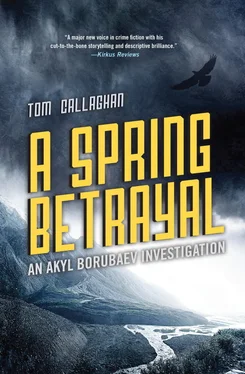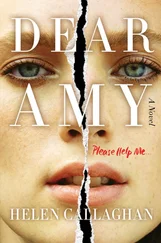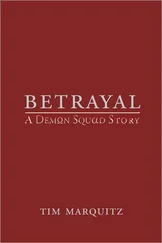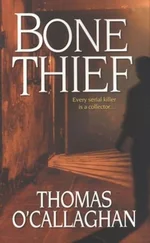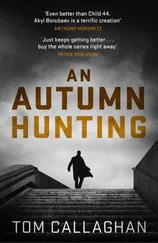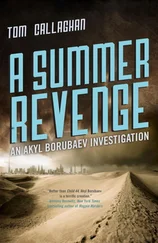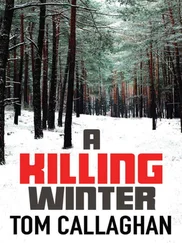I don’t know why I did it, but I pushed myself in front of the little girl, shielding her from the woman’s eyes. A flare of surprise crossed the woman’s face for a fraction of a second, before she stood up. Zenish was immediately beside her to apologize, clouting me hard across the face with an open hand.
“Such insolence to our important guest, you’ll—”
“Director, this one at least has some courage,” the woman interrupted, “and defending his little girlfriend does him some credit, does it not?”
Zenish clearly didn’t know whether to keep kissing her ass and risk losing the power he had over us.
“As you say, but we must have discipline, don’t you agree?”
The woman took my chin and wrenched my head up. I summoned up my most defiant stare, the one that had always angered my grandfather’s new wife.
“What’s your name, boy?” she said, and I could hear the menace in her voice. I said nothing, staring harder, trying to ignore the pain as she squeezed my jaw tighter. I was determined I would not cry, would not let tears betray me. The heavy scent of her perfume was strong and sickly, like dying flowers in week-old water. I sensed the curve of her breasts under the tight-fitting dress. I was attracted, the way boys turning into men sense the power of a woman, any woman. But I was also repelled, imagining her as a spider, a vampire, hovering, waiting to strike. I felt my knees tremble, but I made sure my face remained expressionless, my mouth closed. Finally, Zenish could no longer stand the silence.
“Borubaev, Akyl,” he said, spitting the words out like a bad taste in his mouth. “Dumped here by his stepmother as a lost cause.”
The woman continued to stare at me.
“Akyl,” her voice almost caressing, “would you like to come and live with me in my big house? Ride in my big car? Go to a good school and grow up to be somebody important, famous?”
I kept my silence. The thought of escaping the orphanage was overwhelming, the sense of potential freedom intoxicating. But I sensed the cruelty of the woman, her need to control and hurt. And I loved my mother. So I said nothing.
The woman let go of my jaw, taking a handkerchief out of the pocket of her skirt and wiping her hands on it, as if I were something dirty that had soiled her skin.
“You should watch this one, Director,” she said, the steel in her voice a lash on my back. “Believe me, he’ll either kill you or take your job. Or both.”
She started back toward the door, but turned and looked at me.
“Let me tell you something about life, Akyl,” she said. “It’s all about trust. That part’s easy. The hard part is knowing who to trust. And when.”
Her voice was softer, somehow caressing, and for a few seconds, I actually wondered if I’d misjudged her, if she was someone kind, someone to trust as the nights drew near and the shadows lengthened. But then I remembered the way she squeezed my jaw, the cruelty in her eyes. Four-legged wolves can’t sheath their claws, but the two-legged variety can. And they’re the kind you must never trust. So I shook my head, afraid to speak in case a tremor in my voice betrayed me.
She shrugged, turned, shook her head at Zenish as he approached and walked away, her heels tapping on the concrete floor, the sound of nails driven into wood. I stood there for a long time afterward, wondering if my instincts had been wrong, if she really wanted to adopt me, if she might have been the promise of a new life. Questions I’ve never been able to answer…
Saltanat went off into the center of Bishkek to send a message to Albina Kurmanalieva, from another Uzbek safe house, I assumed, one I didn’t know about. Trust, or the lack of it, playing its part as usual. Personally, I thought the whole spy tradecraft exercise was nonsense, an overelaborate hangover from the days of the USSR, when everyone was so busy watching each other no one noticed the country collapsing around their ears. Easier just to make a phone call, grab a pocket full of bullets, and take your chances.
When Saltanat returned, I didn’t bother asking her where she’d been, who she’d spoken to, what she’d said. It was as if a sheet of glass had been thrust between us, like visiting a convict in prison. Except I didn’t know which one of us was the prisoner. We sat in silence, and smoked too much, for two days that felt like two months, the minutes slouching along on crutches of fear and boredom.
I was beginning to wonder whether anything was going to happen, and on the morning of the third day, I decided I’d had enough.
Saltanat was asleep when I left the safe house, walking for half a kilometer to where the morning marshrutka minibus was waiting to take people from Tungush into the center of Bishkek. The bus was already crowded, so I stood for most of the journey, hanging onto a seat back as we jolted and bounced over potholed tracks. The early morning sun bathed the Tien Shan mountains with a soft golden light that highlighted the year-round snow-covered peaks and shone through the branches and budding leaves of the trees lining our route. The air was crisp and clean, defying petrol fumes and the smoke coiling out of chimneys. As always, I thought of the beauty of my country, how it deserves better people than the ones who live here. But perhaps that’s true of everywhere.
Finally, we reached the smoother roads of central Bishkek and as people got off the bus, I managed to snag a seat, keeping my hand on my wallet in case of pickpockets. When we reached the public sauna baths on Ibraimova, I squeezed my way to the front, paid my nine som to the driver, and alighted. From there, it was a ten-minute walk south to my apartment block. I wanted to see if the place was still under police observation, and, if not, to collect a couple of items I’d stashed away there. I bought a meat samsi at the stall on the corner of Ibraimova and Moskovskaya, eating it as a cover for staring at the entrance to my Khrushchyovka block. The prefabricated concrete sections at the front were worn and stained from years of scorching summers and brutal winters, and some teenage wit had spray-painted his girlfriend’s name across the metal entrance door. But the apartments inside were solid and warm; better than living in a yurt, that’s for sure.
I checked my watch. Just before seven o’clock. By now, Saltanat would be awake and cursing me. But every day we did nothing, I was in greater risk of being caught by my colleagues—I still thought of them as my colleagues, and knew Tynaliev’s instructions to downgrade the case against me would have set many people wondering if I had been framed. And more importantly, every day’s delay meant some poor soul might be in Graves’s basement, suffering the torments of the damned while a video camera captured every last drop of blood and every plea for mercy.
I couldn’t see any police cars parked nearby, and I was pretty sure no average ment was going to be standing out in the cold. I wiped the last of the grease from the samsi on my sleeve, spat out the inevitable piece of gristle, strode up to the entrance door.
The trick is always to appear confident to anyone watching, show the world you have nothing to fear and even less to hide. Look furtive or worried, and even if the law doesn’t spot you, some sharp-eyed babushka with nothing better to do than spy on her neighbors will call it in.
I keyed in the four-digit number on the electronic lock installed after one of the tenants on the third floor was found stabbed to death, pushed open the door. Security might have been tightened since then, but half the lightbulbs on each landing were still either dead or missing, and the elevator was the same cramped and stinking toilet it had always been.
Читать дальше
